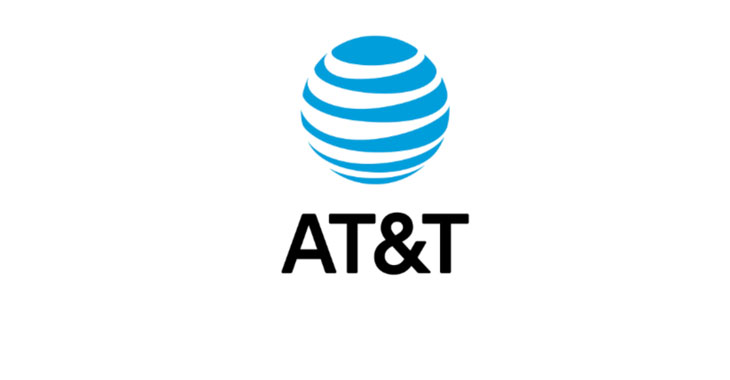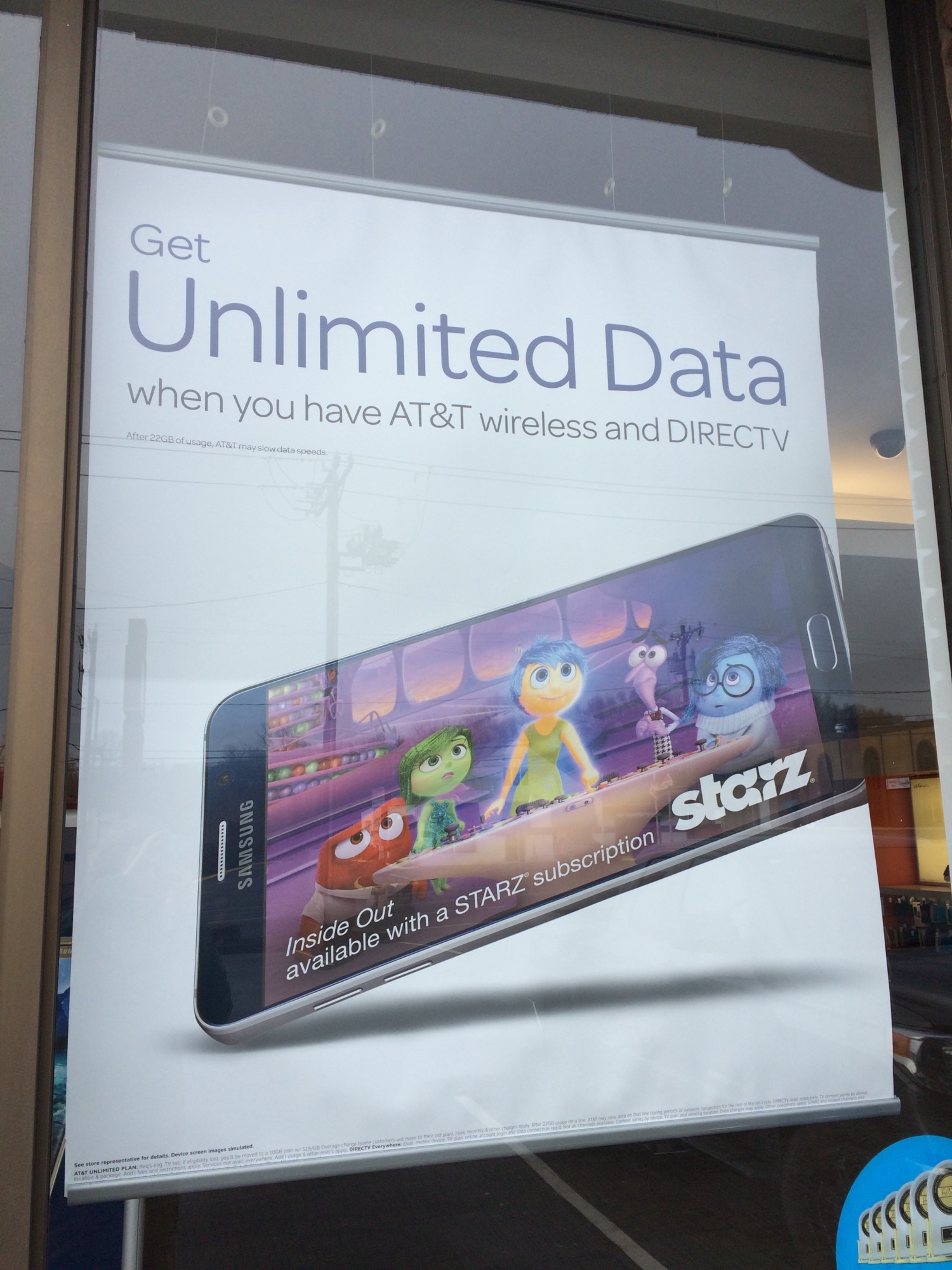
AT&T Securities
Allegations: Misleadingly representing that AT&T is committed to protecting the environment and people when its cables are covered in toxic lead
In July 2019, a class-action lawsuit was filed against AT&T for allegedly misleadingly representing that it does not share or sell data about customers when, according to the complaint, the company routinely provides information about the real-time location of customers to third parties without the customers’ consent and without legal authority. (Scott et al v. AT&T Inc. et al, Case No. 19-cv-4063, N. D. CA.)
For more of TINA.org’s coverage of AT&T, click here.
Allegations: Misleadingly representing that AT&T is committed to protecting the environment and people when its cables are covered in toxic lead
Allegations: Falsely representing that it safeguards consumers’ personal information when it failed to do so and the data was breached
Allegations: Falsely advertising that phones are unlocked
Allegations: Deceptively promoting data plans as “unlimited” when they are actually subject to limitations
Allegations: Falsely advertising that phone and internet services are reliable and provide superior coverage and speed when the company failed to provide services for multiple weeks
Allegations: Misleadingly representing that it would safeguard consumers’ personal data when it failed to do so and there was a breach
Allegations: Misleadingly advertising monthly fees without disclosing certain fees
Allegations: Failing to adequately disclose when customers will be charged international roaming fees
FTC casts shadow on Warner Brothers’ Mordor video game marketing.
To “get” does not mean to be gifted.
With only a small number of movies available in 4K, NAD recommends changes to advertising.
FCC to issue largest fine in agency history.
All told, that’s $290M going back to wireless consumers who federal regulators said were unfairly charged.












